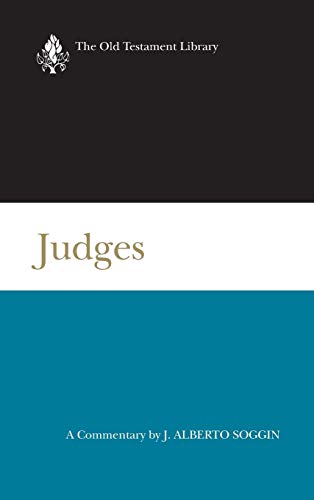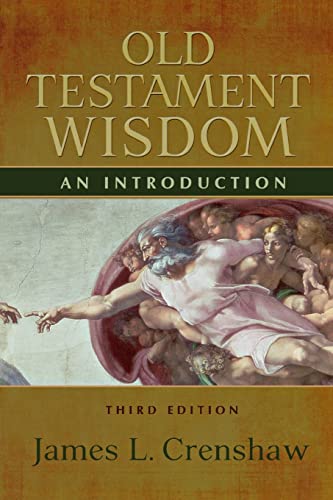Those who Ponder Proverbs: Aphoristic Thinking and Biblical Literature
Written by James G. Williams Reviewed By Derek KidnerSandwiched between two straightforward sayings from Proverbs and Sirach, a modern aphorism from Karl Kraus pulls us up short on the brink of the Preface: ‘Who digs no grave for another falls in it himself.’ One’s first thought: A misprint of course for ‘… digs a grave …’. On second thoughts—No: a bit of literary black ice to throw us off balance. Then a third thought: Now was that non-grave meant for the dead or the living? A tribute or a trap?
This rogue saying, flanked by its respectable companions, prepares us for one of the major interests of the book: the tension between accepted wisdom and the teasing observations that challenge it. But first there is some thoughtful discussion of the role of aphorisms as against continuous discourse, pointing out not only their special charm and memorability but their freedom to examine and record life in the round, in its oddity as well as its regularities, avoiding the artificiality of forcing a system upon it. This discussion is resumed and broadened in the final section, where we sample the work of various modern aphorists (including the one quoted above) and consider both the literary form itself and some of the concepts it has been used to convey.
The bulk of the book, however, is devoted to biblical aphorisms, first examining some of their main areas of concern (such as retribution; the use of words; traditional authority; discipline and self-control), but then going on to distinguish between the aphoristic wisdom of ‘order’ and that of ‘counter-order’. This is the familiar dichotomy between traditional wisdom and the views that question it; but the grouping is unusual, with Proverbs and Sirach predictably on one side, but Qoheleth and Jesus Christ on the other. Both of the latter, it is suggested, use paradoxical speech to dis-orientate and then re-orientate the hearer, loosening his grip on the safety-first outlook of conventional wisdom, so that he can step out in a new direction. But while Qoheleth is advocating a moderate hedonism (according to this author; but your reviewer sees the matter very differently), Jesus is by-passing the ethics of prudence with the call to venture everything for the kingdom.
Much more is packed into this closely argued book than I have tried to summarize here. It is not only a mine of information, but a positive warren of ideas to chase. I strongly recommend it.
Derek Kidner
Cambridge






